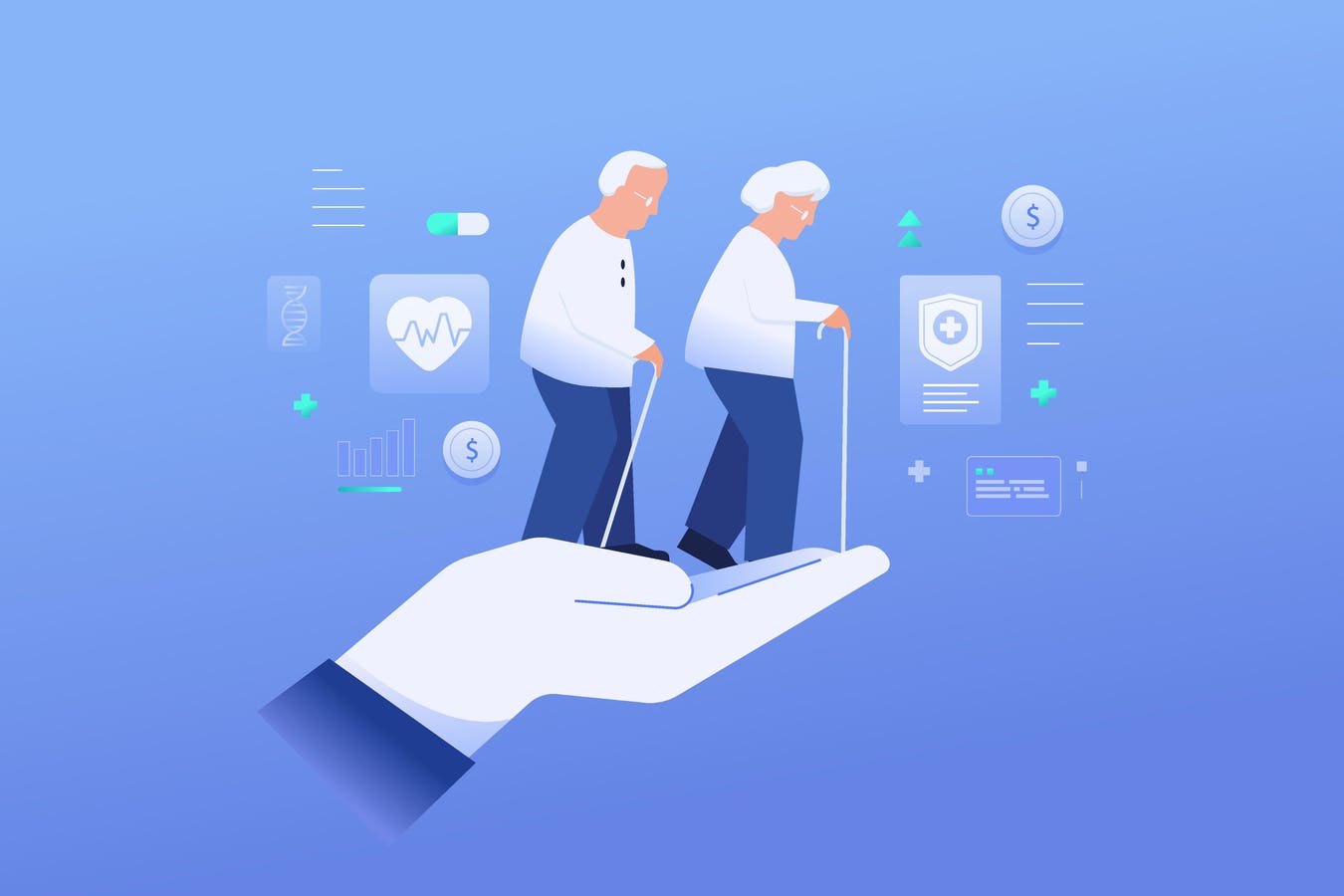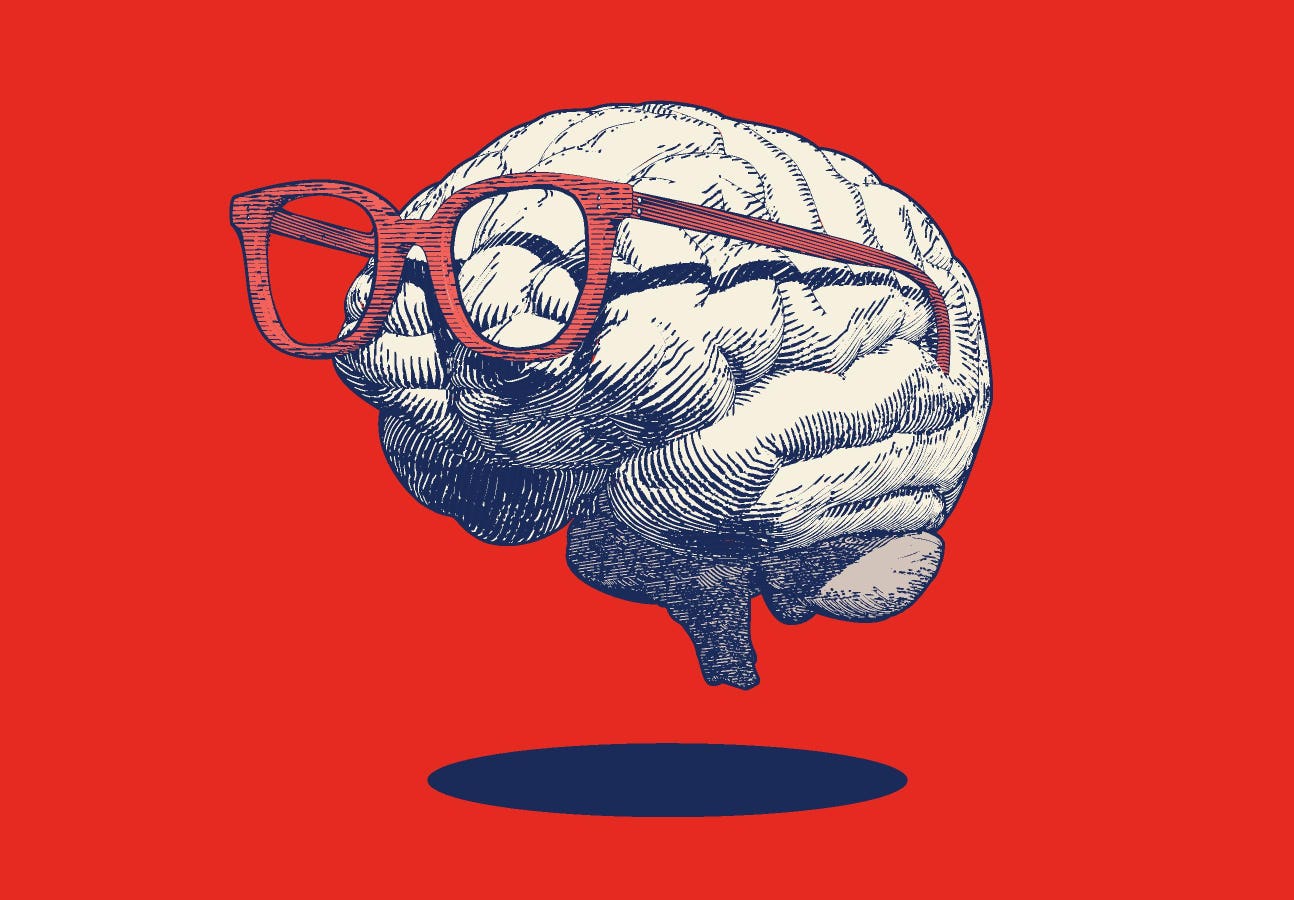Getting an AI boost
There is no shortage of debate about the implications of artificial intelligence on productivity, with many suggestions that it is still elusive. Plus, there is the constant underlying dread reported among workers that AI is conducting a hostile takeover of their jobs.
However, in study after study, when when asking affected workers themselves, a different picture emerges. They seem to like AI.
Ethan Mollick, associate professor at the University of Pennsylvania’s Wharton School, drives this point home in a recent LinkedIn post: “The repeated argument that I see online that AI is not actually useful to real people needs to be retired, based on the representative national surveys we now have on real AI users. The idea that most people are not seeing gains from AI is just not matching what they are reporting in surveys – or what we find in experiments.”
Two recent studies cited by Mollick point to productivity gains, higher quality work, and yes, greater job satisfaction with the use of AI.
For starters, teachers have something to teach us about AI and productivity. Those using AI report a time savings of at least six hours a week.
The survey of 2,000 teachers in grades K through 12, conducted by Gallup and underwritten by the Walton Family Foundation, shows six in 10 have used an AI tool for their work this school year, with heavier use among high school (66%) and early-career teachers (69%).
Teachers who use AI weekly save 5.9 hours per week, the study shows. That’s the equivalent of six weeks per school year. Currently, about three in 10 teachers are using AI at least weekly, with more frequent users experiencing greater time savings
A separate survey of 4,278 U.S. workers, conducted by researchers from Stanford, George Mason, and Clemson Universities, finds workers using AI report a three-fold productivity gains on many tasks.
LLM adoption among employees has increased rapidly, the researchers found – from 30.1% as of December 2024, to 43.2% as of March and April 2025. The research team cites the use of ChatGPT and Generative AI behind the rapid increase. Among those who use genAI, about one third say they use it daily.
On average, workers spend about 30 minutes working with a genAI tool per task. They estimate it takes about 90 minutes to manually complete such tasks – meaning they save at least one hour of time per task. This would be a tripling of the productivity of the workers if all tasks can be completed with the use of genAI, the researcher estimate.
AI has a positive impact on the quality of work as well, the Gallup teachers’ study shows. Most teachers, 64%, report higher quality in the modifications they make to student materials. Another 61% say they generate higher-quality insights about student learning or achievement data. A majority, 57%, say AI improves the quality of their grading and student feedback.
“Teachers who use AI are more likely to be optimistic about the impacts of AI on student outcomes,” the report states. Close to half, 48%, think AI will increase student
engagement, compared with 25% of non-users.









